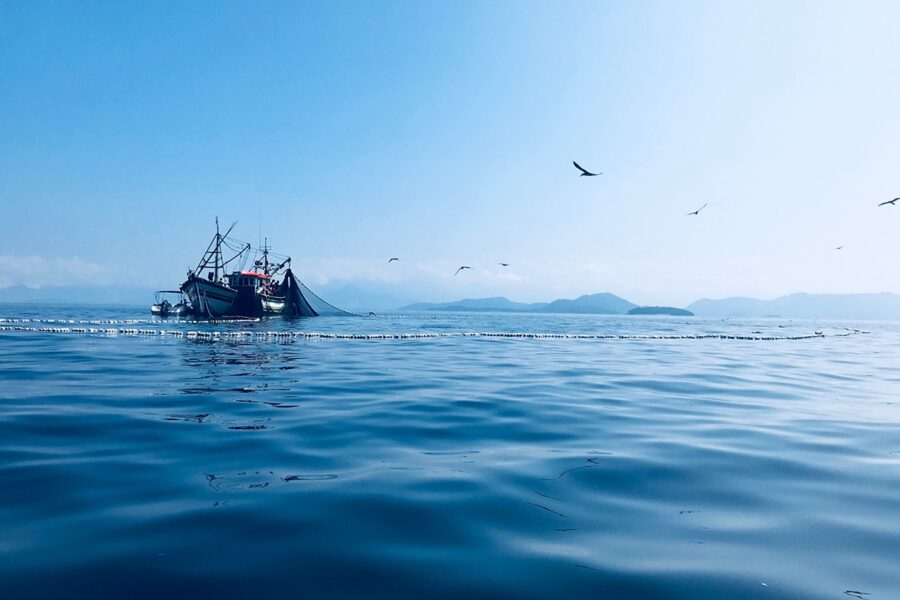Marine Scotland says it received 29 reports from the public of vessels allegedly fishing illegally in marine protected areas (MPAs) in the period 26 May, 2020 to 30 May, 2021.
In the same period, it referred two alleged fisheries offences to the Crown Prosecution Service.
Marine Scotland says reports are received from a range of sources, and may range from ‘very accurate to completely inaccurate’.
“They do not prove wrongdoing or suggest guilt, and it is misleading to present them as such. Further investigation might be needed to confirm this,” says Marine Scotland. Reports may contain errors such as misidentification of vessels and/or activity, inaccurate details as to exact location of the activity reported, and ‘a range of other issues’.
Marine Scotland also points out that a vessel seen in an MPA may be legally transiting through the area. Also:
• Different MPAs carry different restrictions, so what is illegal in one might not be in another
• Reports often do not confirm exactly where a vessel is in relation to any restrictions, and are simply a report of what someone thinks they have seen
• A single report might relate to multiple vessels, and multiple reports may all relate to the same event or vessel
• Reports are seldom in real time, so the prospect of immediate action is reduced
• There is seldom a clear ‘line of sight’ between reports received and enforcement actions that might be taken
• Reports received are taken at face value, and accuracy cannot be verified until followed up at a later stage
• All the reports received inform Marine Scotland’s tasking of marine and air assets, and these provide a mechanism to gather further intelligence and enforcement action on the basis of that intelligence
• Reports help build up a picture of what might be happening, and Marine Scotland’s own assets can then investigate further
• Generally speaking, the reports are not kept any longer than three years.
Almost all the reports relate to MPAs on the west coast of Scotland. Twelve claim trawling was taking place, five dredging, and eight creel fishing. The method of fishing was unknown in the remainder.
Where it is determined that there is sufficient evidence, and that a prosecution is in the public interest, Marine Scotland refers the case to the Crown Office Procurator Fiscal Service, which will decide whether a case can proceed to trial, or issue a fiscal fine.
In the same period, Marine Scotland issued 28 fixed penalty notices (FPNs), which are civil fines that Marine Scotland can offer rather than pursuing a formal prosecution.
The level of fine is determined by clear guidance and previous offences. They
are restricted to up to £10,000 for most fisheries offences.
“FPNs allow Marine Scotland to deal with infringements in a timely manner,” says Marine Scotland.
Offences for which FPNs were issued were primarily for breaches of technical regulations. Four were issued for breaches of the landing obligation and discarding, and four for fishing with illegal net attachments.
Other offences included fishing in prohibited areas, failing to submit documentation or submitting incorrect information, and failure to provide an adequate boarding ladder.
Two cases were referred to the Crown Office Procurator Fiscal Service over the course of the year. One was in respect of breach of regulations in respect of fishing in MPAs, and one for non-submission of electronic logbook data.
This story was taken from the latest issue of Fishing News. For more up-to-date and in-depth reports on the UK and Irish commercial fishing sector, subscribe to Fishing News here or buy the latest single issue for just £3.30 here.








